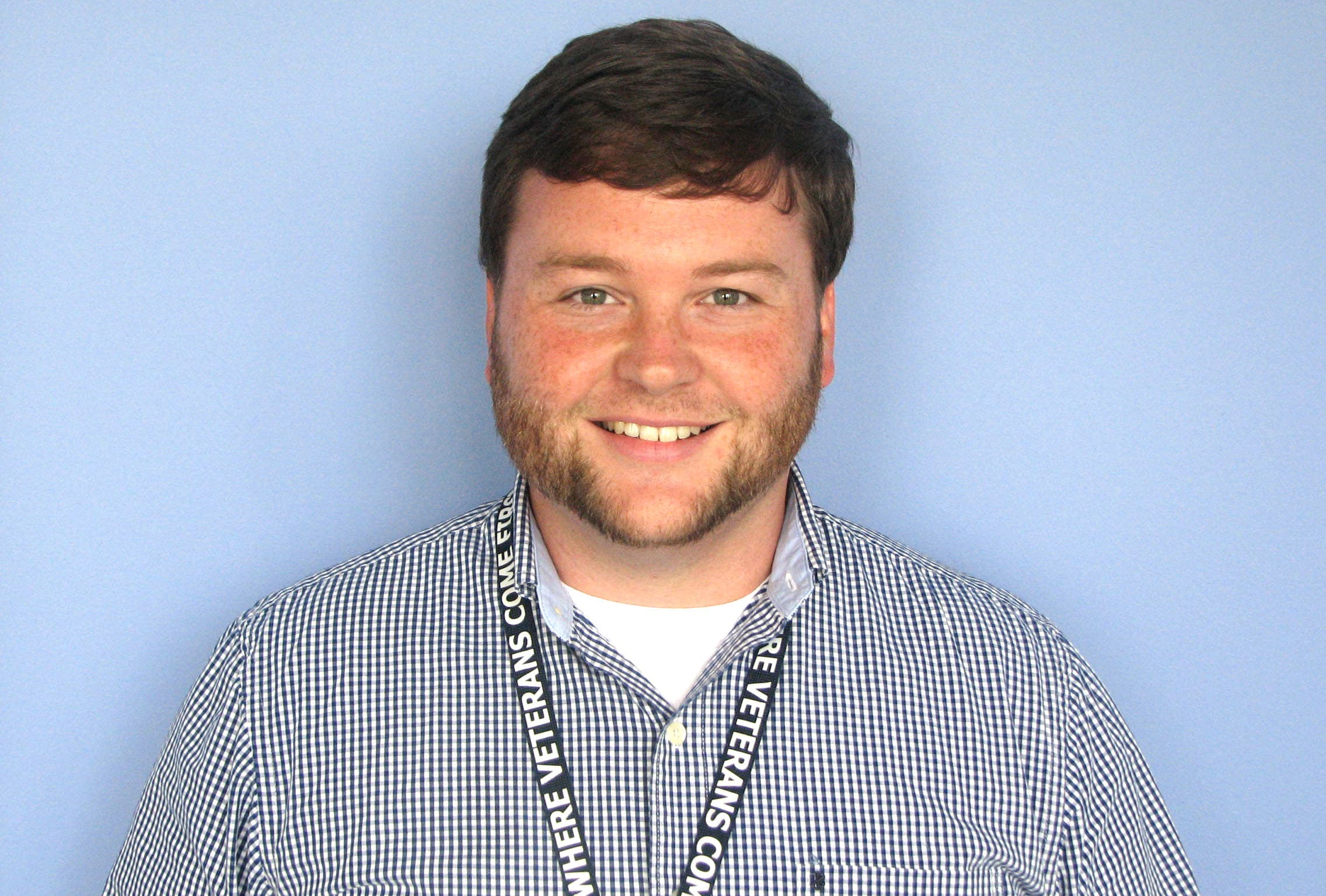Corey Hayes, Pharm.D., Ph.D., MPH, Uses Dual Degree Program to Enter Field of Medical Research
| Corey Hayes, Pharm.D., Ph.D., MPH, is grateful to assume multiple roles for the University of Arkansas for Medical Sciences (UAMS). He attributes his success to his training in the UAMS Fay W. Boozman College of Public Health.
He’s an associate professor in the College of Medicine’s Department of Psychiatry and Department of Biomedical Informatics. He also has a secondary appointment in the College of Pharmacy Department of Pharmacy Practice.
“The education I received in the UAMS Fay W. Boozman College of Public Health set the stage for my career as a researcher,” he said. “I enjoyed getting to know the faculty, some of whom I continue to collaborate with to this day. I also enjoyed the classes and the friends that I met in those classes.”
A native of Morrilton, Arkansas, Hayes received his introduction to public health as a student at UAMS.
“I learned about public health during my second year of pharmacy school,” he said. “I enjoyed the training in pharmacy school that focused on population health. When I learned that public health has a significant focus on population health — I wanted to know more about it.”
The interest in public health prompted Hayes to enter the college’s Pharm.D/MPH Combined Program. The program allowed Hayes to work on an MPH while concurrently completing the Pharm.D. curriculum. Eventually he earned the master’s degree, with an emphasis in epidemiology, in 2013.
Hayes, who is also a research health scientist for the Center for Mental Healthcare and Outcomes Research in the Central Arkansas Veterans Healthcare System, earned his bachelor’s degree from Southern Arkansas University.
When asked about his career goal, Hayes said he wants to run an independent research program that addresses the prevention and treatment of substance use disorders. He also referenced his joy in working with future physicians.
“I embrace any opportunity to mentor trainees at all levels,” he said. “I also look forward to any opportunity to make a difference in patient lives at the population level.”
Hayes’ childhood in Morrilton, along with attending college in Columbia County, Arkansas, factors heavily in his desire to not only mentor but also serve underrepresented communities. In both environments, he witnessed how barriers to health care hinder people from low income and rural areas especially.
“The community I grew up in was — and still is — a very poor community,” he said. “Today, all students in my home community receive free breakfast and lunch at school because over 70% of the community qualifies for the free lunch program.
“Remembering my upbringing influences my motivation. I place a special emphasis on mentoring, particularly those from marginalized and poor communities, as it’s difficult — when coming from those communities — to get access to the different educational opportunities that exist.”
Knowing how the college plays a big role in addressing Arkansas’ health inequities is one of the main reasons Hayes advocates for the school and the principle of public health.
“I’d tell anyone looking into a public health career that the college is a great way to get exceptional training in public health,” Hayes said. “The faculty care about students and about improving the health of Arkansans.”
